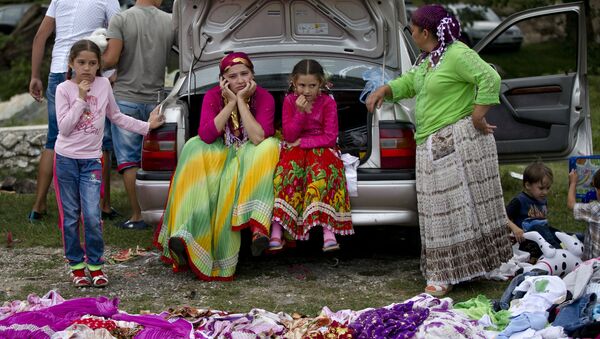In 2013, the Swedish daily Dagens Nyheter revealed that police in Sweden's southernmost Skåne County maintained a registry of Roma people. Subsequently, the news of ethnic profiling sparked outrage in Swedish society, spurring eleven Roma to sue the Swedish state.
In total, the registry featured 4,700 people, including more than 1,000 children. The Skåne police maintained then that the registry was based on crime, rather than ethnicity. This explanation, however, was rejected by the indignant Swedish public, as it failed to back up the large number of children in it. The Security and Integrity Protection Board assessed the Skåne police's registry as illegal, as no motivation was provided as to why it had been established in the first place.
The total amount of compensation to be paid sits at 164 million SEK (almost $19mln). Since the police were in charge of the registry, they will also be held responsible for the compensation. The verdict becomes legally binding on May 26.
"We are incredibly pleased that our case has led to all the people included in this ethnic registry receiving compensation. The victims were subjected to a very serious violation, and it is positive that the state finally takes responsibility for what has happened, although belated," Robert Hårdh, the director of Civil Rights Defenders, who represented the eleven Roma in court proceedings, told Swedish national broadcaster SVT.
In recent years, Sweden experienced an influx of Roma from southern EU nations, such as Bulgaria and Romania. This rejuvenated the long-eradicated concept of begging, which was abolished in 1964 when the Swedish welfare state was considered to be so effective that there were no poor people left. It also triggered a hot debate on whether the illegal Roma camps that mushroomed across the country should be torn down. The influx of Roma beggars also led to the appointment of a National Coordinator for Vulnerable EU Citizens.
Never miss a story again — sign up to our Telegram channel and we'll keep you up to speed!




